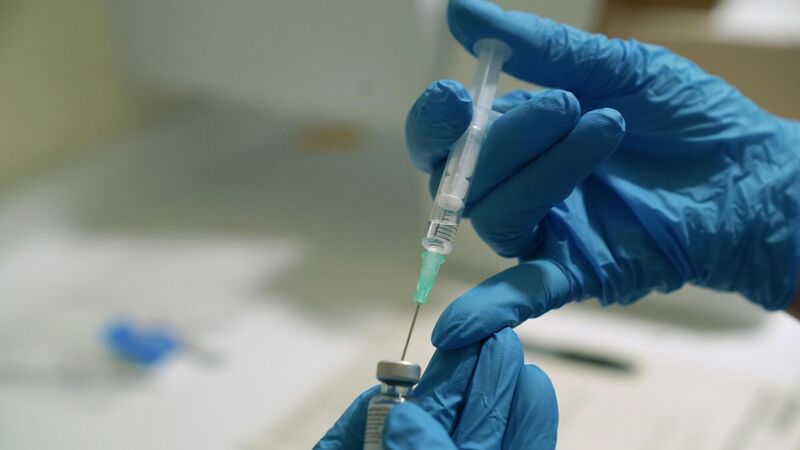Michael Clifford: Danger of misinformation thriving on Covid-19 vaccine

An opinion poll in October commissioned by RTÉ showed that 32% of those polled would not take the vaccine.
The wonder of science is up in bright lights at the moment.
Within a year of the discovery of a fatal strain of coronavirus, vaccines have been discovered, tested and, to the greatest extent, passed for efficacy and safety. This is unprecedented.












